Soundtracks are interesting pieces of art. There are comparatively easy ones. Movies such as “The Big Chill” take a bunch of loved songs and throw them together. If people don’t like the film, they can sit and listen to the music. There are soundtracks (check out “Local Hero” which is a wonderful movie and has a sound great sound track by Mark Knopfler). They add rely mostly on songs written for the movie. These types overlap, of course, such as in the movie The Glass Castle.
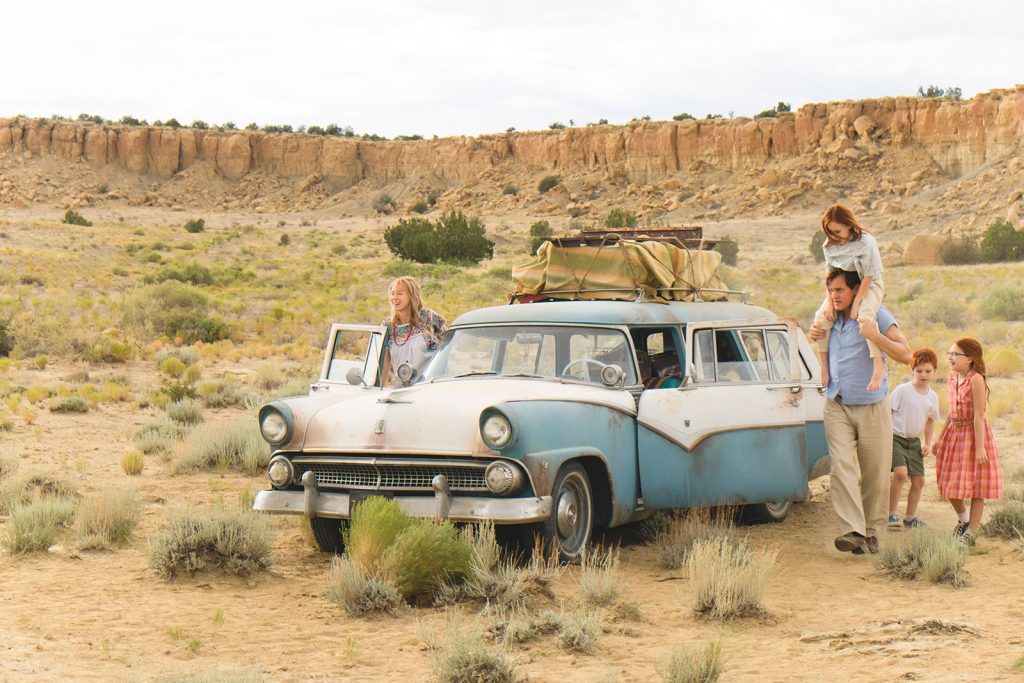
The movie, which stars Woody Harrelson, Brie Larson and Naomi Watts, is the story of a dysfunctional (to put it mildly) family. I enjoyed the the sound track more than the story. Well known tunes include Cole Porter’s “Don’t Fence Me In” (sung by Darla Hawn), “I Can’t Stop Loving You” sung by Kitty Wells and “My Wild Irish Rose,” sung by Mario Lanza.
The movie also featured “Two Time Loser,” a short rockabilly song by Joe Montgomery. I couldn’t find much information about Montgomery. Indeed, it’s pretty certain that somebody is on the edges of obscurity if his Wikipedia page is in German. On one hand, he has a Wikipedia page. On the other is, well, it’s in German. “Cool Cat” is another rockabilly tune from Montgomery.
The Bill Gordon Trio added a couple of instruments: “Laugh, Cry, Sing, Sigh”and “Cowgirls Groove Too.” Gordon is a pianist. His website says that he has played jazz, pop, “quasi-avant-garde fun” and written for television as well as movies. He is a graduate of the Berklee College of Music and has taught for decades.
The song that initially got my attention and led me to post on the soundtrack is “Summer Storm” by Joel P. West. West wrote the song for the movie. He had worked with director Destin Daniel Cretton on a previous film, “Short Term 12,” which Cretton wrote and directed and which stared Larson. West fronts two bands (The Three Ring and Flood Coats) and also has contributed work to the movies “Grandma” and “I am Not a Hipster,” according to his website.
I find myself increasingly paying attention to how music supplements movies and television. It is clear that writing specifically for soundtracks is a separate artform. Listened to in isolation, much of the music seems subtle to the point of being a bit dull and meandering. But the idea of music integrated into a scene is not to make people take notice. It is to use the melody to buttressed the action and/or emphasize the mood. Melodies tend to drift, swell and recede. Writing for movies — and television, for that matter — seems to be a very different task than trying to write a song that people will remember.
That’s particularly apparent in “Local Hero,” where the music connects the story to the beautiful scenario of the seaside Scottish villages where it was shot. In the case of “The Glass Castle,” the music seems to be even more mellow because the action is dramatic and over-the-top.

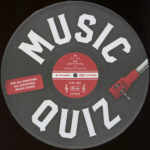



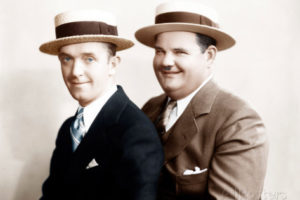
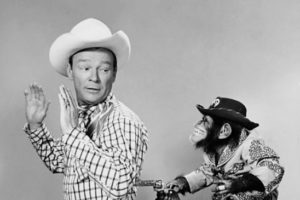
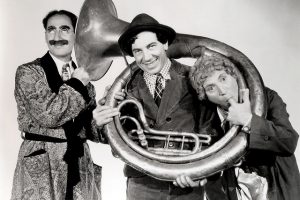










Recent Comments